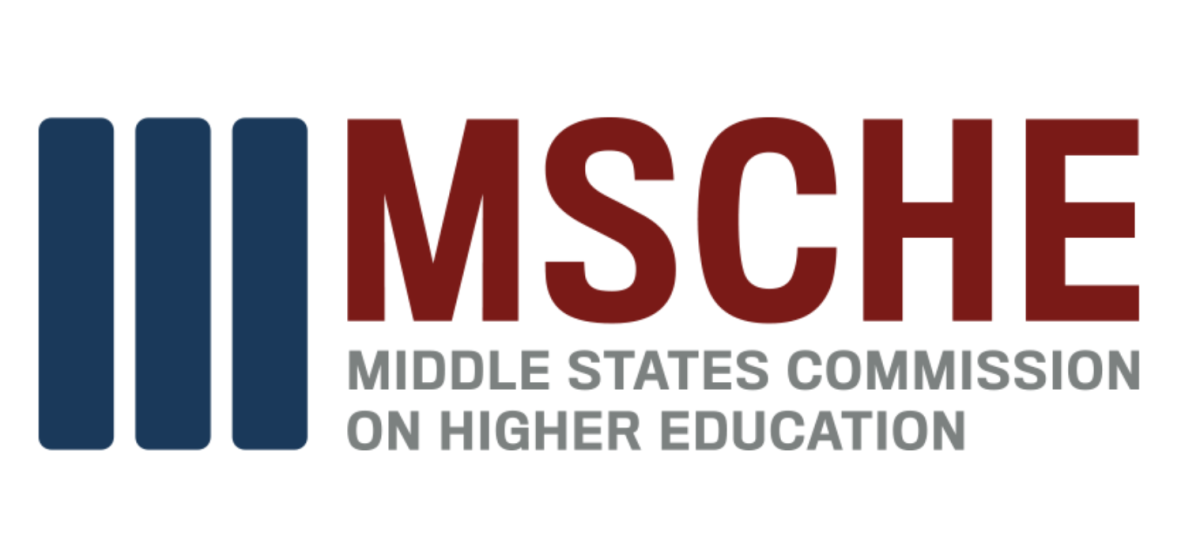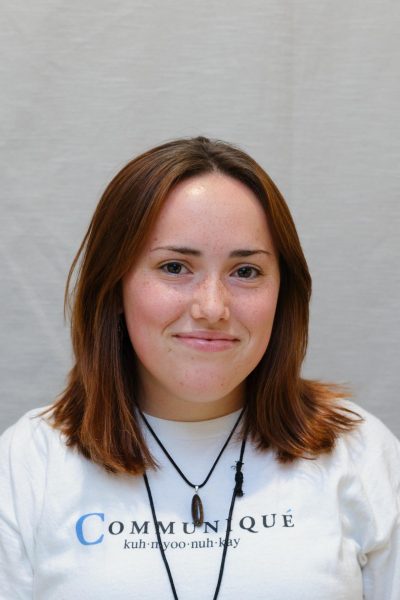Chatham University recently started the process of self-evaluation that precedes the renewal of its accreditation, which is conducted every 10 years.
Being an accredited institution provides the public with a way to determine whether or not a university is a reliable institution. Chatham’s accreditation is done by the Middle States Commission on Higher Education, a global accreditor that assesses universities’ educational quality, focusing on accountability, effectiveness, improvement and support of the student experience.
The accreditation process reviews and assesses a university’s application of the Middle States standards and began this year with the campus-wide analysis, or self-study, that assesses the University’s efficiency in its mission and the standards it needs to uphold.
The University’s self-study document was recently revised and approved by the Middle States Commission. It is available to view on my.Chatham.edu and includes information on demographics, enrollment numbers, University leadership and finances, along with an outline of what the two-year process will entail.
Although the accreditation process is voluntary, it is intended to strengthen the quality of education by meeting specific standards.
“It’s not only the public at large, parents and students, who can say that we are providing high-quality education. It’s also the government … and that opens up federal funding,” said Melissa Bell, associate professor of social work and co-chair of the Middle States steering committee.
The self-study process is led by the steering committee and working groups composed of Chatham faculty, staff, students and trustees, and guided by a Middle States liaison. An open meeting in Eddy Theatre for students, faculty and staff was held on Sept. 11, during which Middle States liaison Ryan Hartnett presented information on the process.
There are five working groups, each focused on different standards for accreditation from Middle States: missions, goals, ethics and integrity; student learning experience and educational effectiveness; support of the student experience; planning, resources and institutional improvement; governance, leadership and administration.
including ethics and integrity, educational effectiveness, student experience, institutional improvement and administrative governance.
The members of the working groups, mostly faculty, are to collect information on the University and analyze areas of strength and for growth.
Each group also has a Board of Trustee member and student representative. These positions are yet to be filled; students are encouraged to inquire about representing the student body in the working groups and more ways to get involved in this process.
“There is a real opportunity for students’ voices to be heard,” Bell said. “They can serve on those working groups, and we also value feedback from anyone. The whole process is intended to be transparent and works best when students, staff, faculty and administration all participate together.”
The accreditation process will culminate in spring 2026 with a campus visit by a group of peer evaluators from other accredited institutions, who will finalize the decision to renew Chatham’s accreditation and membership of the Middle States Commission.
“I think it benefits people to be involved in something where there’s an assessment going on, where they can see the data, where they can ask questions and participate,” Bell said. “Because it’s a formal process, there is a place for change to be made, or at least some increased understanding to occur.”
For more information on getting involved in the Middle States accreditation process, students can contact the three co-chairs of the steering committee: Bell, Vice President of Academic Affairs and Provost Dr. Lisa Lambert and Vice President of Communications Bill Campbell.



